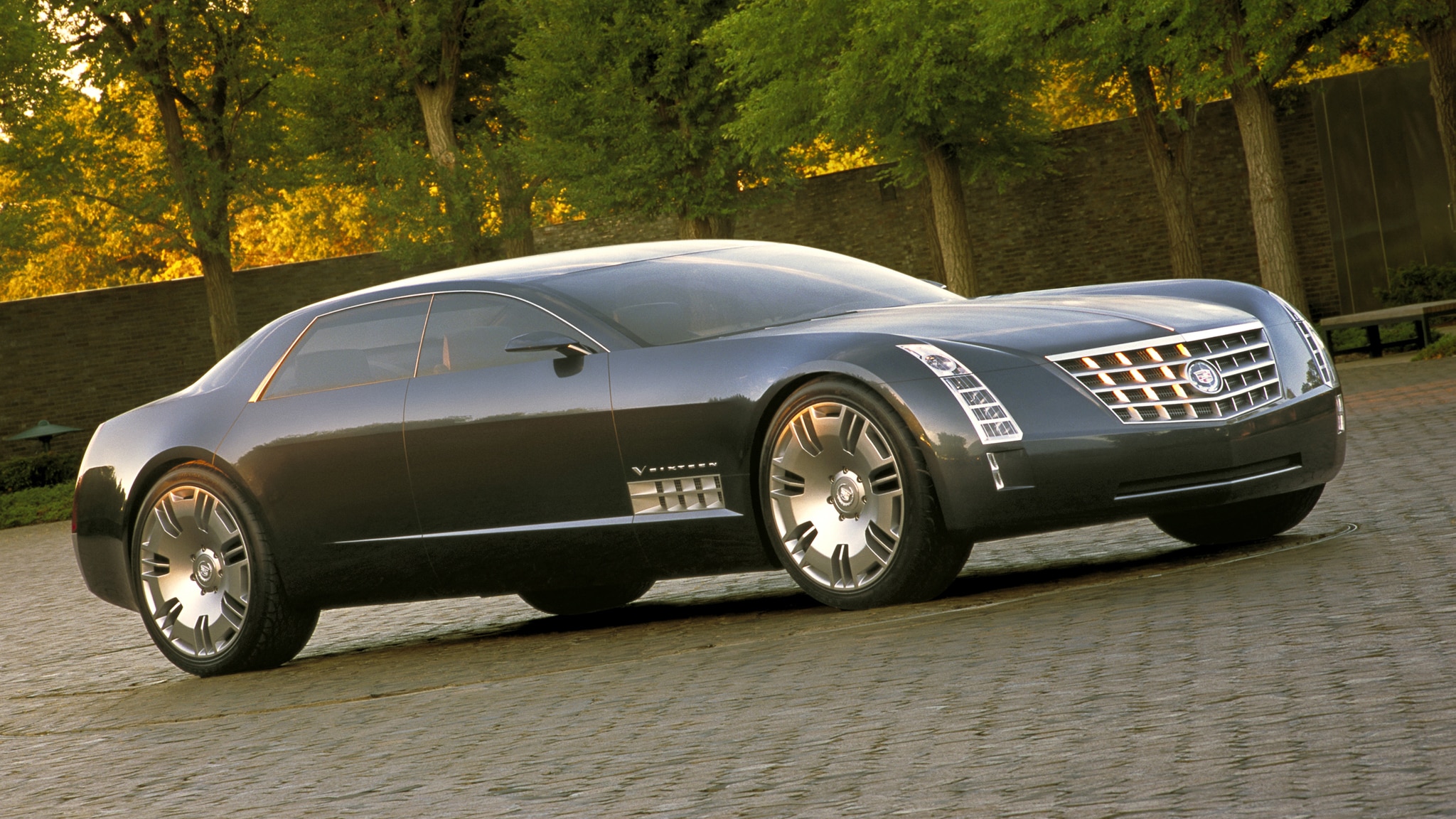
Fixing a car can often cost a lot of money. You will need to pay for car parts and a mechanic to provide service to your vehicle. But many minor repairs or maintenance chores can be done by you and save you money. You can with the tips that have been provided.
It is not a waste of money to own a battery charger for your vehicle. The problem of a low or dead battery is very common, and if you keep a charger in your car you can assist other drivers with the problem. Make sure you learn the points on your car where the battery charger should be connected.
Remember that getting OEM parts is important. This means that you are getting manufacturer made parts and not replicas. While generics are much cheaper, they are not held to the same quality standards. It might be a great deal, but if you have to continue to replace the part, it is not going to be a good deal in the long run.
Ask about prices and labor rates before you give your keys to a mechanic. Some fees may not be readily apparent, so make sure you know exactly what they are. You need to know how you’re billed for the repairs. A lot of places will give you an estimate of how long this will take that they were given by various manufacturers. Some minor repairs could even be an all day job.
Keep your car washed during the winter. The winter damages your car more than any other season. All that salt and sand is a sure recipe for abrasion and rust. After washing your car, dry it thoroughly to prevent ice formation.
Before you drop off your car at a repair shop, take pictures of what the car looks like beforehand. A lot of shops aren’t going to strip things out of your vehicle, but some will if they are trying to make more money. Therefore, documenting your vehicle can help you identify stolen items in case this were to happen to you.
Take the time to learn about car part classifications before seeing a mechanic. There are a few different kinds of parts. “New” means that they just arrived from the manufacturer, meeting the standards set out by that company. If a part is rebuilt or reconditioned, it has simply been fixed or restored. “Salvage” means that it came off a car and hasn’t been fixed.
It’s wise to get car issues checked out, even when you think they’re minor. A seemingly small problem may grow into a major one if don’t pay attention to it.
Warranties are vital when your car gets fixed, particularly if your parts are expensive. Talk to your repairman about the warranty parts come with. Inquire as to how long it is for and get a printed copy.
Be sure that the technician you choose is certified. The NIAE seal of approval is a good sign. This also will help you feel confident that the quality of your repair will be up to par.
There are a lot of body shops that will put older tires on your car. They will profit off of your ignorance if they can. Marking your tires with chalk before taking the tires to be rotated is a good idea. Look for the chalk when you pick up your car.
It’s not uncommon to drop your vehicle off at a garage, only to return and discover a few expenses have been tacked on. Unscrupulous dealers do this to make you feel as though your car may be dangerous and they are being a friend by offering you a deal. Tell them that you will get back to them, then search around and see if you can get a better deal.
Bleed your brakes after you’ve worked on them and before you take your car out on the road. Afterwards, be sure to pump your brake fluid. Make sure you test your brakes for leaks to ensure the fluid doesn’t leak out. Now you can give the car a test drive when there is little traffic. Don’t drive too fast at first to make sure everything is working properly.
Almost all cars have to be fixed at some point. You do not necessarily have to hire a mechanic to fix your vehicle. You can keep the money you would have given to the mechanic and perform your own repairs. The tips will assist you, so give it a try.